Welcome to the world of forex trading, where currencies are bought and sold to make a profit. Whether you are a beginner or an experienced trader, having the right knowledge and resources is crucial to succeed in this fast-paced market. In this comprehensive guide, we will delve into the ins and outs of forex trading, providing you with valuable insights and tips to help you navigate the exciting world of currency exchange. So grab a cup of coffee, sit back, and let's dive in!
1. Understanding Forex Trading
Forex trading, also known as foreign exchange trading, is the process of buying and selling currencies to profit from the fluctuations in their exchange rates. It is the largest financial market globally, with trillions of dollars being traded daily. Forex trading offers numerous opportunities for individuals and institutions alike to generate income and diversify their investment portfolios.
2. The Basics of Currency Exchange
In the forex market, currencies are traded in pairs, such as EUR/USD or GBP/JPY. Each currency pair represents the exchange rate between two currencies. The first currency is the base currency, while the second currency is the quote currency. Understanding currency pairs and their dynamics is crucial to successful trading.
3. Key Participants in the Forex Market
The forex market is comprised of various participants, including central banks, commercial banks, corporations, institutional investors, retail traders, and brokers. Each participant plays a significant role in determining the overall market conditions and exchange rates.
4. Essential Forex Trading Terminology
Before diving deeper into forex trading, it's important to familiarize yourself with key terminology. Terms like pips, lots, leverage, margin, and stop-loss are commonly used in the forex market. Understanding these terms will enable you to communicate effectively and make informed trading decisions.
5. Choosing the Right Forex Broker
Selecting a reliable forex broker is paramount to your trading success. Consider factors such as regulation, trading platforms, customer support, fees, and available trading instruments. A reputable broker will provide you with a secure and efficient trading environment.
6. Types of Forex Trading Strategies
There are various trading strategies employed by forex traders, including scalping, day trading, swing trading, and position trading. Each strategy has its own characteristics and timeframes. It's important to choose a strategy that aligns with your trading goals and risk tolerance.
7. Technical Analysis in Forex Trading
Technical analysis involves studying historical price data and using various indicators to identify patterns and trends. Chart analysis, candlestick patterns, and trend lines are commonly used tools in technical analysis. Mastering technical analysis can help you make more accurate trading decisions.
8. Fundamental Analysis in Forex Trading
Fundamental analysis focuses on evaluating economic, social, and political factors that influence currency values. It involves monitoring economic indicators, central bank announcements, and geopolitical events. Understanding fundamental analysis can give you an edge in predicting market movements.
9. Risk Management and Money Management
Effective risk management is crucial in forex trading. Implementing proper risk management techniques, such as setting stop-loss orders and limiting leverage, helps protect your trading capital. Money management techniques, such as position sizing and diversification, ensure long-term profitability.
10. Developing a Trading Plan
A trading plan outlines your trading goals, strategies, risk tolerance, and money management rules. It serves as a roadmap for your trading journey and helps you stay disciplined. A well-defined trading plan increases your chances of success and minimizes emotional decision-making.
11. Emotional Intelligence in Forex Trading
Emotional intelligence plays a vital role in forex trading. Controlling your emotions, such as fear and greed, is essential for making rational trading decisions. Developing self-awareness and emotional resilience can significantly improve your trading performance.
12. Trading Psychology and Discipline
Maintaining discipline and a positive trading mindset is key to long-term success. Overcoming psychological biases, avoiding impulsive trades, and sticking to your trading plan are essential habits to cultivate. A strong trading psychology sets successful traders apart from the crowd.
13. Building Your Forex Trading System
A forex trading system consists of a set of rules and criteria for entering and exiting trades. It should be based on your trading style, goals, and risk tolerance. Building a robust trading system requires thorough backtesting and continuous refinement.
14. Testing and Optimizing Your Strategy
Once you have developed a trading system, it's important to test it in different market conditions. Backtesting allows you to assess the system's performance using historical data. Optimization helps fine-tune the system parameters for optimal results.
15. Becoming a Successful Forex Trader
Becoming a successful forex trader requires dedication, continuous learning, and adaptation. Keep up with market trends, stay informed about global events, and never stop improving your trading skills. Consistency and perseverance are the keys to achieving consistent profits.
Conclusion
Congratulations! You have reached the end of this ultimate guide to forex trading. We have covered a wide range of topics, from the basics of currency exchange to advanced trading strategies and psychology. Remember, success in forex trading comes with practice, discipline, and a thirst for knowledge. So go ahead, apply what you've learned, and embark on your journey to becoming a proficient forex trader.
What is the minimum amount of money needed to start forex trading?
The minimum amount of money required to start forex trading can vary depending on the broker and the type of trading account you choose. Generally, brokers offer different account types with varying minimum deposit requirements. It can range from as low as $10 to a few hundred dollars. However, keep in mind that while you can start with a small amount, it is advisable to have enough capital to effectively manage risk and cover transaction costs.
Is forex trading risky?
Yes, forex trading involves inherent risks. The forex market is highly volatile, and exchange rates can fluctuate rapidly. The potential for profit also comes with the risk of losses. It is important to understand that trading in the forex market carries risks, and you should only invest what you can afford to lose. However, with proper risk management strategies, education, and experience, you can mitigate risks and increase your chances of success.
Can I trade forex part-time?
Yes, you can trade forex part-time. One of the advantages of forex trading is its flexibility, allowing individuals to participate in the market at their convenience. Many traders engage in forex trading alongside their regular jobs or other commitments. However, it is crucial to dedicate sufficient time for analysis, market monitoring, and executing trades to ensure effective decision-making.
How long does it take to become a successful forex trader?
The time it takes to become a successful forex trader can vary from person to person. Forex trading is a skill that requires time, practice, and continuous learning. It involves understanding market dynamics, developing trading strategies, and honing your analytical and decision-making abilities. It may take several months or even years of consistent effort to become consistently profitable. Patience, perseverance, and a commitment to ongoing education are key to achieving success in forex trading.
Are there any guarantees of making profits in forex trading?
No, there are no guarantees of making profits in forex trading. The forex market is influenced by various factors, including economic indicators, geopolitical events, and market sentiment, which can be unpredictable. Profitability in forex trading depends on several factors, including your knowledge, skills, trading strategies, risk management, and market conditions. It is important to approach forex trading with realistic expectations, understanding that both profits and losses are part of the trading journey.
Remember, it is always advisable to seek further information, educate yourself, and consider the guidance of experienced professionals before venturing into forex trading.
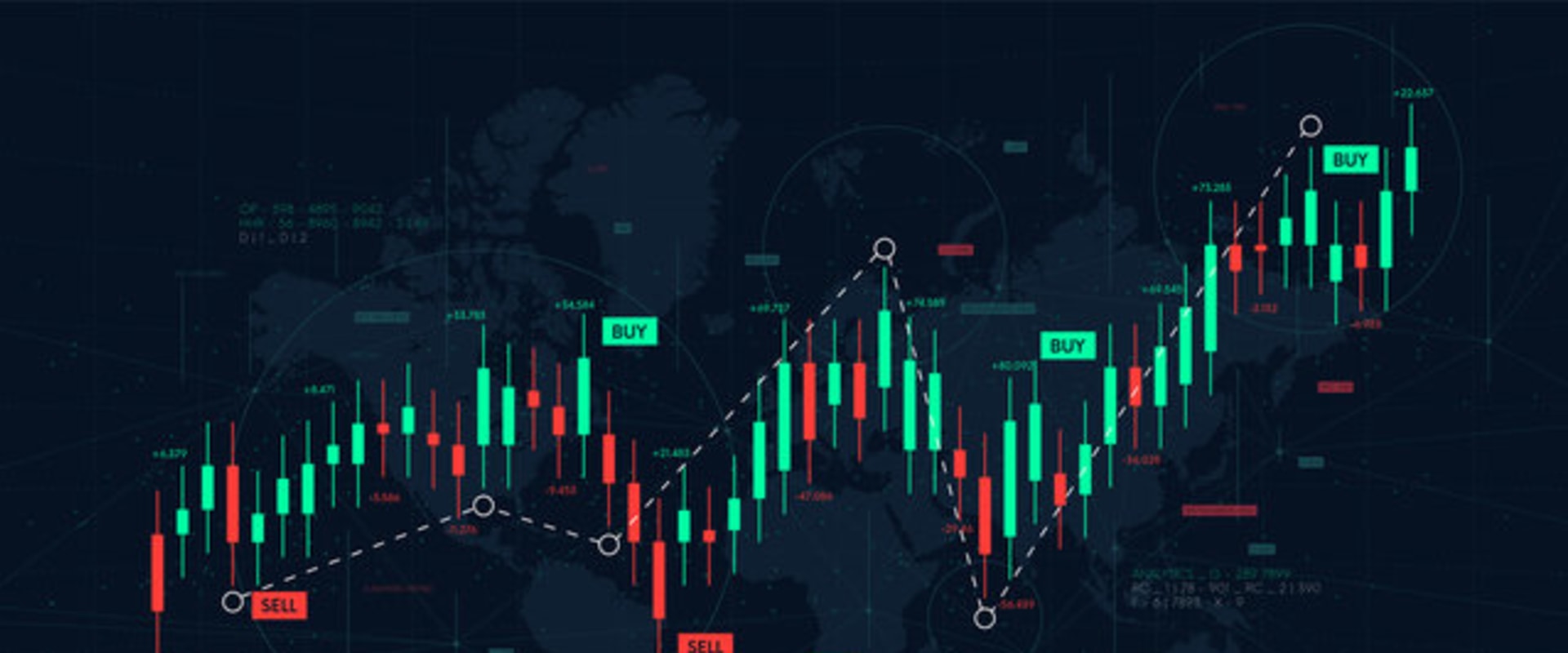
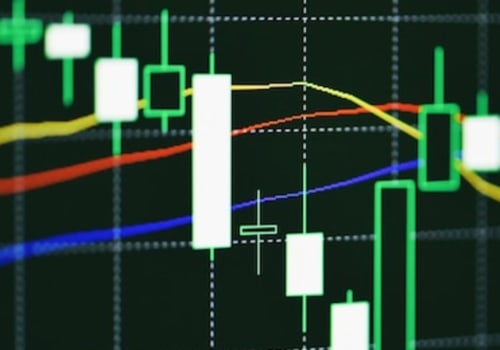
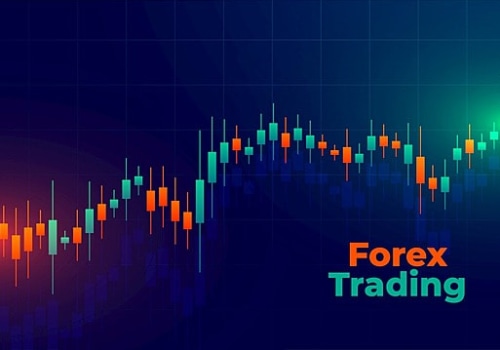
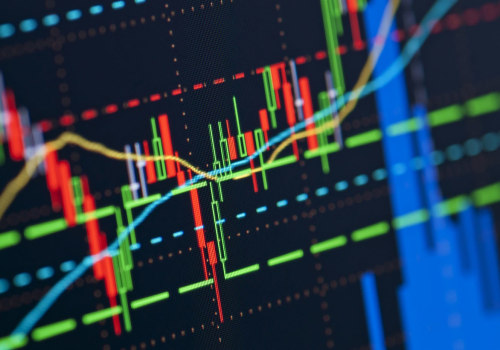
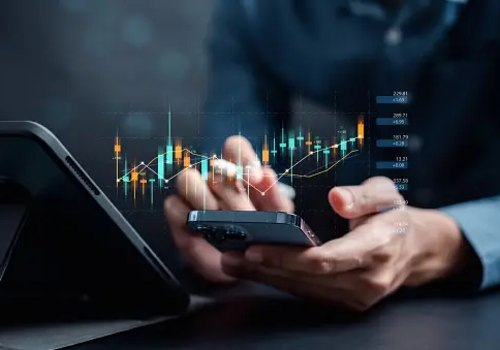

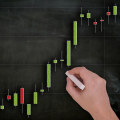



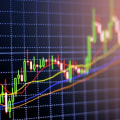
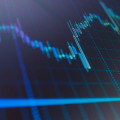
Leave Reply